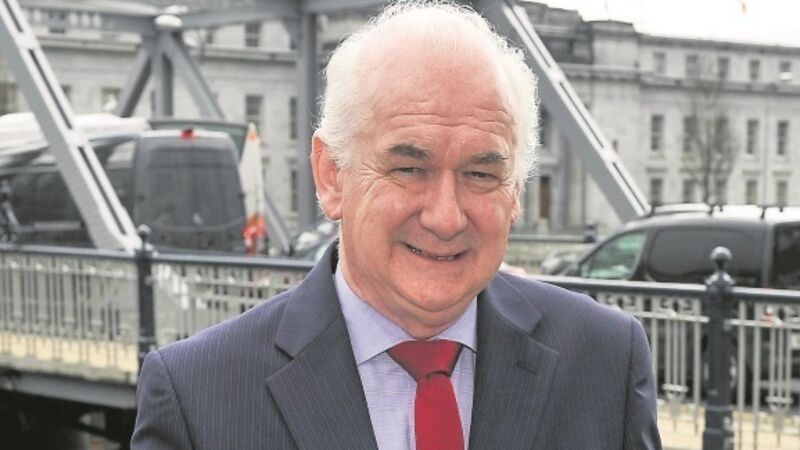Q&A: Indaver confident of Ringaskiddy incinerator go-ahead on third attempt

A: Because the facility is still needed. The problem of Ireland not being self-sufficient in its waste hasn’t gone away. It’s actually gotten worse. When we started this process, Ireland was exporting its hazardous waste. Now it’s exporting hazardous waste and household waste.
















